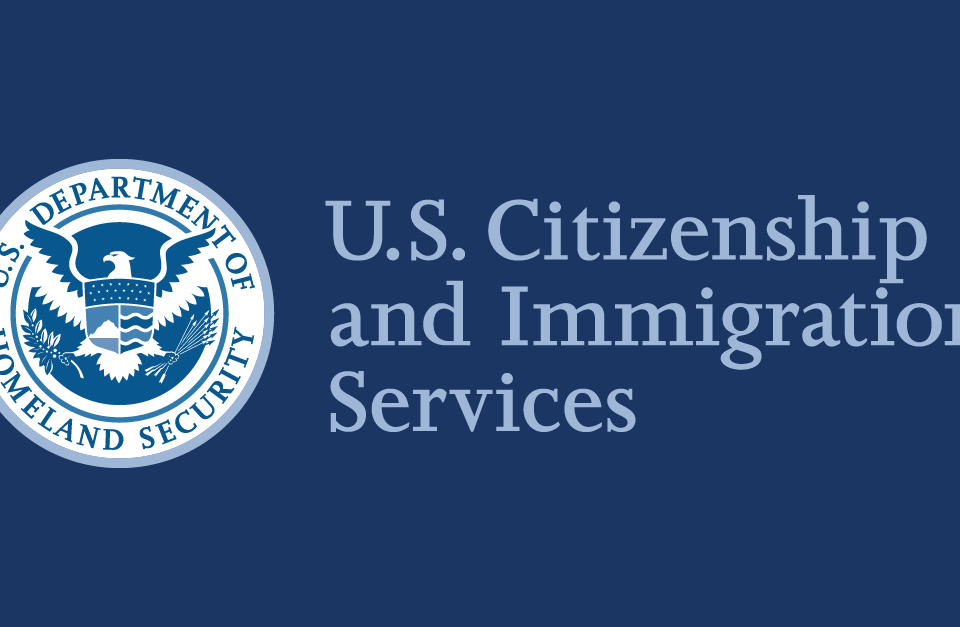
How to Get Nigerian International Passport
February 14, 2020
The New Dubai 5-Year Tourist Visa Explained
February 28, 2020Canada is the second-largest country in the world and one of the most diverse nations on the planet with 1 out 5 people in the country an immigrant. Since 1990, more than 6 million individuals have migrated to the country, which shows that it is a great place to live in and work.
However, even though Canada boasts many destinations that are resource-abundant and immigrant-friendly, you need to make your findings properly about the country to ease your relocation plans. Here are the top things to consider before immigrating to Canada in 2020:
Know the Immigration Programs Available
There are two primary ways to immigrate to Canada, which will enable you to settle anywhere in the North American country (except Québec that has its own rules) or in a particular territory or province. The programs are targeted at unskilled/semi-skilled/skilled workers based on the specific immigration route you decide to apply through.
The first one is Provincial Nominee Program created to take care of more pointed labor market shortages in the provinces or territories themselves. But it isn’t every provinces in Canada that offer a PNP.
Besides, a number of the streams are Express Entry linked that requires an additional procedure.
As for the Express Entry (EE) system, this was designed in 2015 by the Canadian government for expediting some programs for skilled workers, who meet labor market shortages in the economy, with a processing period reduced to as little as 6 months. The programs are comprised of the Federal Skilled Worker Program (FSWP), the Federal Skilled Trades Program (FSTP), and the Canadian Experience Class (CEC).
You can learn more about the Provincial Nominee Program and the Express Entry System.
Learn about Canada’s Weather
If you are enthused about emigrating to Canada but are finding it hard choosing between sun or snow, there is no harm in adapting to both.
Unless you will be residing on the BC coast (some parts of Southern Ontario), you will most likely experience cold, snowy winters & hot summers. And there are short transitional seasons.
If your home country has a mild or warm climate, you may find the bitter cold of a Canadian winter a bit strange. Describing how cold -25°C can feel is difficult, but no need to worry once you arrive prepared with the right clothing & attitude.
Also, note that Canadians do not regard summer with levity as they know ways to utilize the warmer months judiciously.
Canada is Diverse Culturally
Generations of immigrants from different parts of the world have received a warm welcome to Canada. Thus, multiculturalism remains a key aspect of the Canadian ethos, and it is also a vital issue in national policy.
There are more than forty (40) sitting Members of Parliament, who were born abroad. Furthermore, you’ll encounter a wide variety of languages, religions, and cultures in any popular city and several rural communities.
This shows you do not have to abandon your culture or values on relocating to Canada. However, you should try to evolve so you can adjust successfully and stand the greatest chance of achieving a fruitful stay in the country. Also, it is important to keep an open mind as this will not only benefit you but also the people around you.
Know the Best Time to Relocate
Spring or summer is the best time to enter Canada to get the best selection of jobs & accommodation, and it is also the best time for socializing and meeting new people.
There is lesser likelihood that firms will hire during winter; instead, their hiring process will start in March/April. You will also find it easier to acclimatize & settle into your new home and job before winter since weather conditions during these months can be inclement. But if you plan on relocating with your family, you should bear it in mind that the school year always begins from the 1st week in September. So, you can adjust your travel dates appropriately.
The Need for a Medical Examination
You will be required to undergo a medical examination if you intend staying longer than six (6) months and have been a resident once in one of the identified countries on the website of the Canadian government a minimum of six (6) consecutive months.
The exam will include a questionnaire, in addition to a physical test. Also, it may only be administered by a panel physician that has been approved by the IRCC, an acronym for Immigration, Refugees, and Citizenship Canada.
Explained in the heart of this post are the top 5 things to consider before immigrating to Canada in 2020.
Need to process admission and get Visa to study abroad? Send us a message now!
info@travelrify.com




